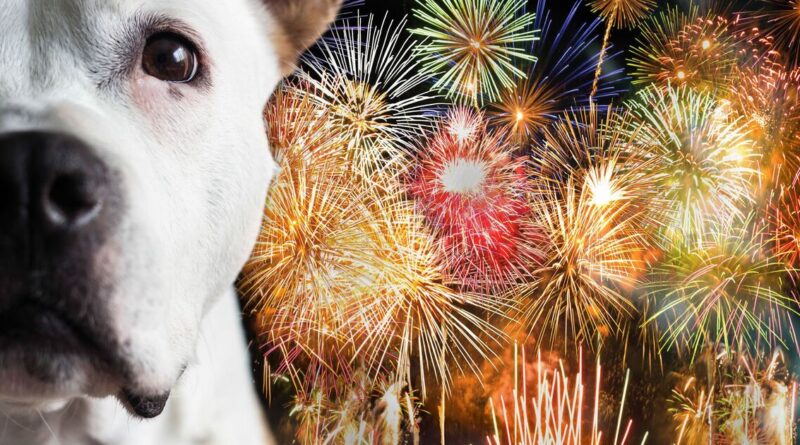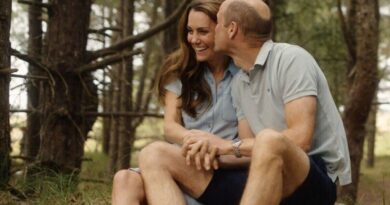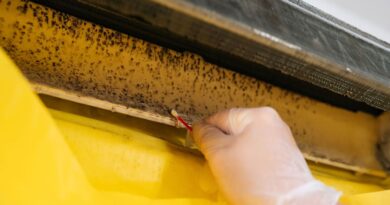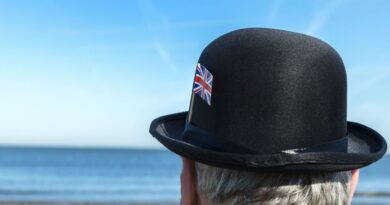Vet shares 1 thing you can do to help your dog cope with fireworks
As Bonfire Night, Diwali, and Halloween celebrations light up the UK skies this autumn, dog owners may find that their homes become a hotbed of anxiety, as fireworks often spark stress for our four-legged friends. While fireworks may bring joy to many people, this isn’t true of our pets, who often have more sensitive hearing, sight, and smell than humans.
Sean McCormack, Head Vet at Tails.com, has explained that fireworks and noise phobia are one of the most common behavioural issues in dogs. However, there are ways you can help your dog prepare for the increase in fireworks this autumn and winter. Sean says: “It’s important to understand that in many cases, firework fear develops because dogs haven’t been gradually exposed to loud or unexpected sounds when they were young.”
He adds that the best way to help dogs cope with fireworks or any unfamiliar sights, sounds, or experiences is through early habituation. This means calmly introducing your dog or other pets to new noises in a safe and positive way and then rewarding them for calm behaviour.
When it comes to fireworks, Sean says, “If your dog already shows signs of fear, it’s never too late to start desensitisation. With fireworks, you can help by playing recorded fireworks sounds at a very low volume and rewarding calm behaviour.”
Over time, this will show your dog that these noises aren’t a threat, and they don’t need to worry when they hear them.
Sean continued: “When trying this, stay relaxed and observe your dog’s body language. If they seem anxious, for example, if they look towards the speaker or move away, stop and try again the next day at a lower volume.
“Gradually increase the sound only when they appear comfortable, and always reward calm behaviour. Consistency and patience are key when doing this.”
You can also create a ‘firework den’ for nights when there’s likely to be a lot of noise, such as Bonfire Night or New Year’s Eve.
This is a cosy, quiet, and enclosed space where your dog can retreat and feel safe. You can include mental stimulation and other distractions to ensure your pooch is comfortable and not focusing too much on the noise.
Sean concludes: “Just like people, every dog has a different tolerance to noise. Some may barely flinch at thunder or fireworks, while others show distress as soon as they hear a bang. If you’ve never experienced firework season with your dog, it’s best to prepare early.”
He also shared some signs that your dog may be fearful of fireworks or other loud noises:
- Destructive behaviour (e.g. chewing furniture)
- Shaking or trembling
- Refusing to eat
- Barking or whining
- Attempting to run away or escape
- Becoming clingy or seeking reassurance
- Toileting indoors





